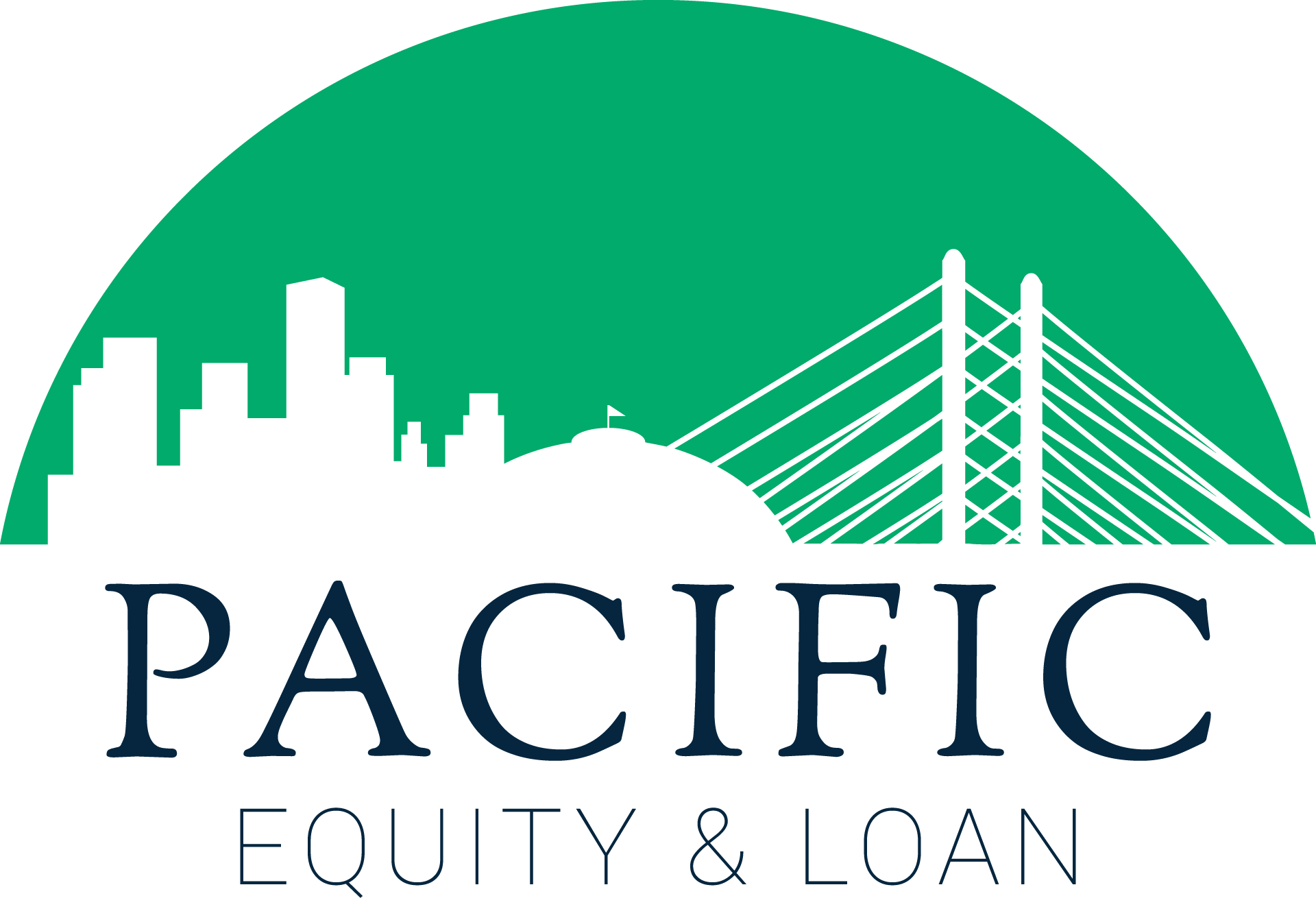A hard money loan is a valuable tool to have in a real estate investor’s toolbox, whether an investor needs to rapidly close on an undervalued property or fix it up for a potential buyer. Hard money lenders like Pacific Equity and Loan, unlike conventional lenders, provide flexible terms and quick processing, allowing real estate investors to close deals swiftly.
While all types of mortgages include closing costs, hard money loans are distinctive. Different fees may be included in their final closing costs. Understanding them is crucial to maximizing a real estate investor’s most valuable capital source.
Continue reading if you’re considering a hard money loan to fund your next real estate project. We’ll let you find out more about the common closing costs associated with hard money loans.

Common Hard Money Closing Costs
Hard Money closing costs usually range from 2% to 5% of the loan amount and are paid out of the loan proceeds at the completion of the transaction, with extra fees added at the end.
Typically, closing costs cover the expense of needed inspections and certifications during the hard money loan process as well as the wages of the lender’s employees.
The most common hard money closing costs are listed below:
Origination Fee
The origination fee is paid to the firm that arranges your loan, receives your application, underwrites the deal, places the loan with the investor directly, and closes the loan.
The term “points” is used to describe origination fees. Because hard money loans are more risky than conventional loans, they often have a higher origination cost.
Underwriting Fee
These are the costs of preparing legal documentation for the loan application. A lawyer drafts this paperwork, and the fee is determined on the complexity of the underwriting.
An underwriter must put out a legally enforceable agreement between the borrower and lender in order to protect the collateral property and close the deal. In the overall closing costs, this is sometimes referred to as the “underwriting fee.” The underwriting cost is sometimes included in the origination fee.
Processing Fee
Most lenders have a processing team that takes care of document preparation and delivery to escrows or title firms so that loan transactions may be recorded. Processors ensure that all of the paperwork required to conclude a loan is complete and accurate.
Property Insurance
A hard money loan cannot be used to purchase or refinance a property without some kind of property insurance protection. A property insurance plan from your insurance company will be required by your hard money lender. For lenders, it simply wouldn’t make sense to lend a large amount of money for an unprotected asset.
Appraisal or Valuation Fee
To properly comprehend the worth of the subject property as collateral in the transaction, it must first be evaluated. This fee covers the cost of an appraisal of the collateralized property’s value. This charge covers the cost of an appraiser’s visit and inspection of the property. Other charges, such as fees for Comparative Market Analysis and Broker’s Price Opinion, may be included.
Legal Fees
Many hard money agreements are evaluated by attorneys on intricate loan transactions to verify the arrangement is lawful, legal, and compliant with all laws and regulations. This fee compensates the lawyer’s time and expertise.
Flood Certification
Some hard money lenders may require a flood certification for properties in flood zones in order to inform lenders and borrowers about the risk of flooding.
A flood certification is a certificate that verifies a property’s flood zone status. The fee is payable to ensure that the collateral property is not located in a flood zone.
Title and Escrow Fees
Almost all hard money lenders require the transaction to be managed and insured by a third-party title and/or escrow company. This comprises title search and title settlement expenses, which are needed to determine property ownership, as well as survey and notification fees and other related title fees.
If you want to secure a hard money loan to fund your real estate investment, contact Pacific Equity and Loan today! Based in Washington State, we’re a reputable and experienced hard money lender specialized in fix and flips. Check out our loan programs here!
Our experienced hard money loan experts and underwriters will develop the best financing solution to meet your requirements and goals. To get started, give us a call at (253) 336-6764 or email us at marketing@pacificeal.com.

Citation
“A Basic Guide to Closing Costs of Hard Money Loans That Every CRE Investor Should Know.” Global Capital Partners, 29 June 2020, https://gcpfund.com/news/a-basic-guide-to-closing-costs-of-hard-money-loans-that-every-cre-investor-should-know/.
“What Are the Costs Involved in a Hard Money Loan?” Northwest Private Lending, 7 July 2020, https://nwprivatelending.com/faqs/costs-of-a-hard-money-loan/.
Spradlin, Ted. “What Are the Closing Costs of a Hard Money Loan?” First Capital Trust Deeds, https://www.fctd.com/blog/what-are-the-closing-costs-of-a-hard-money-loan.






